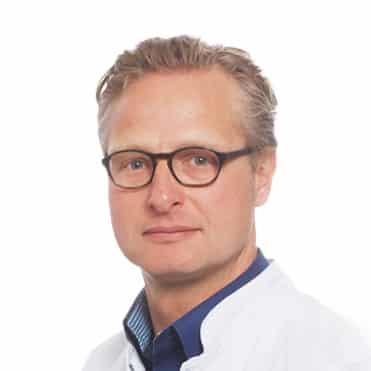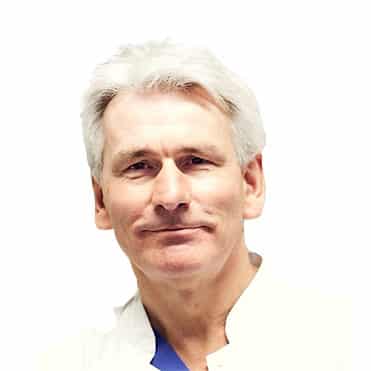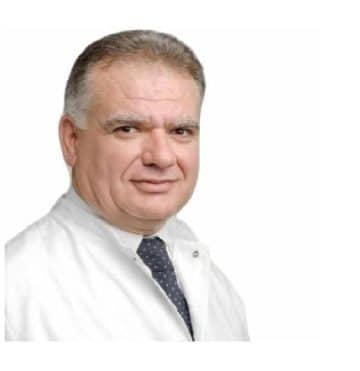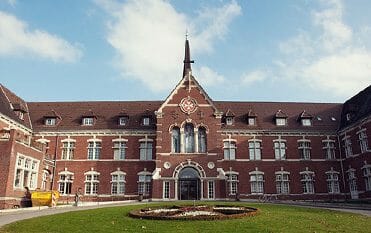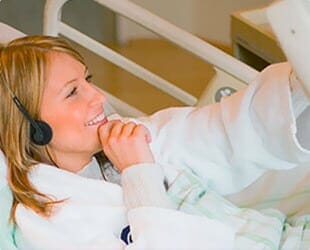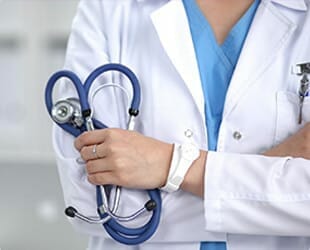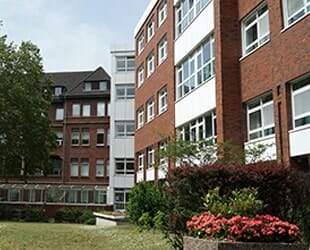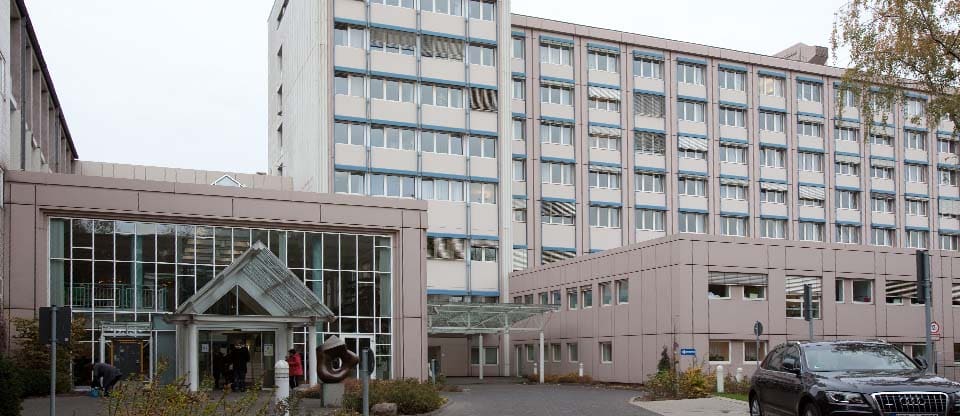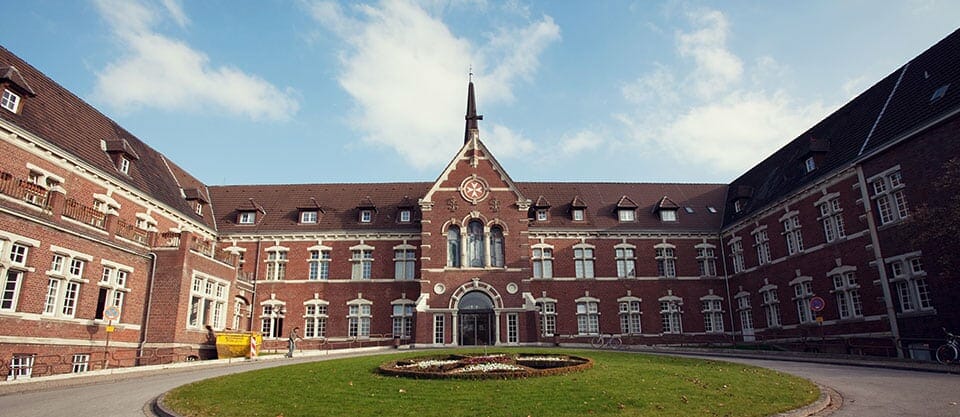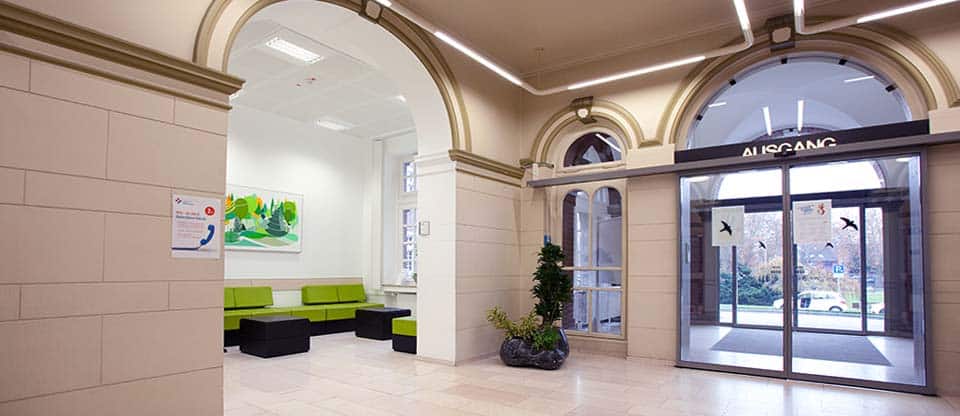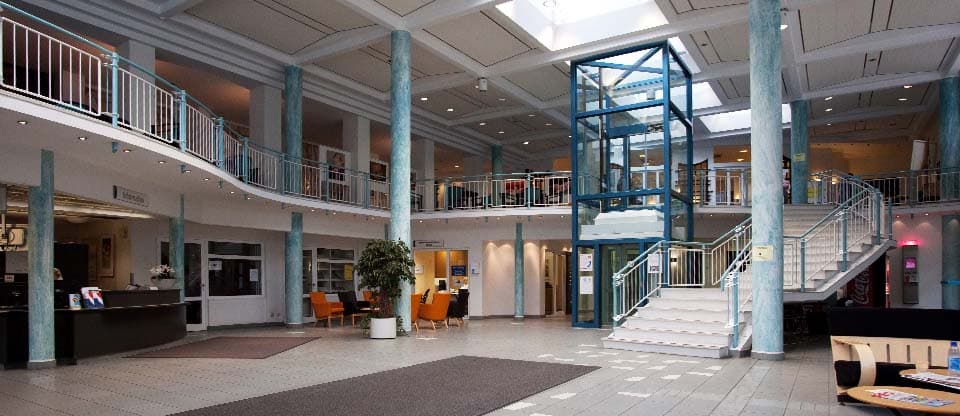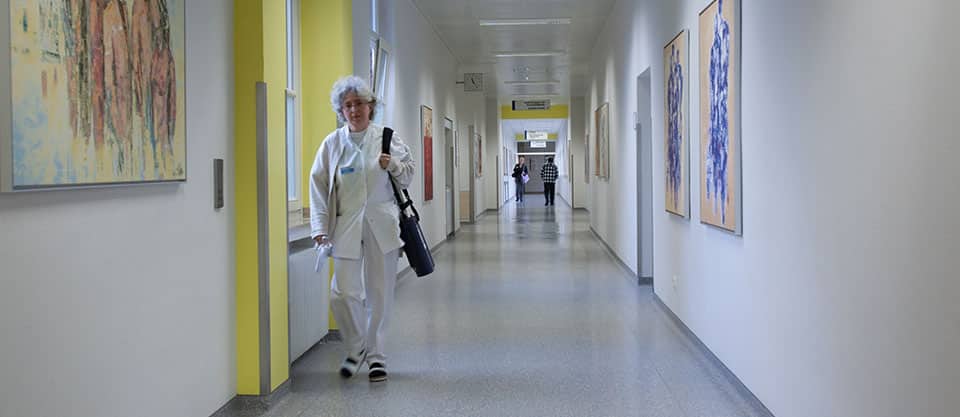The Center for Cardiovascular Surgery Duisburg is one of the five largest clinics for cardiac and vascular operative surgery in Germany. The Center has four operating rooms, where more than 3,500 cardiovascular surgeries are performed annually. There is a resuscitation and intensive care unit for 22 beds, equipped with devices for artificial ventilation of the lungs.
The cardiology clinic performs all types of cardiac surgical interventions, including the implantation of an artificial heart, with the exception of only heart transplant operations. The modern equipment of the operating rooms and the intensive care unit of the clinic makes it possible to provide assistance (control / stabilization of the condition) to patients who have undergone complex (advanced) operations or are in critical condition.
The specialized diagnostic department of cardiovascular diseases organized at the clinic provides assistance to cardiac surgery patients, providing them with constant cardiac monitoring before, during and after surgery.
coronary surgery
At a high professional level, the department's specialists perform bypass operations on isolated valves without the use of a heart-lung machine. The latest OPCAB (off-pump coronary artery bypass grafting) method - coronary bypass surgery without the use of a heart-lung machine - allows doctors to perform operations on a beating heart. Thanks to this technique and the use of arterial bypass bypasses, specialists can significantly reduce possible complications and significantly delay reoperations or even avoid them altogether.
In most cases, for such operations, it is sufficient to use both arteries of the chest wall. Of course, depending on the individual need, to obtain the necessary bypass material (artery of the arm and vein of the leg), an endoscopic minimally invasive method (endoscopic vein extraction, endoscopic extraction of the radial artery) is used.
Heart valve surgery
Minimally invasive approach is also used in operations on isolated heart valves (on the aortic valve and on the mitral valve). Whenever possible, surgeons preserve and repair the patient's own valves (mitral valve reconstruction, aortic valve reconstruction, DAVID surgery).
If it is necessary to replace the heart valve, the specialists of the clinic prefer biological prosthetic heart valves. Patients with aortic valve disease of various etiologies, who for certain reasons cannot be transplanted with an animal heart valve, are operated on using the Ross method. This method involves replacing the affected aortic valve with the patient's pulmonary valve, replacing the latter with a pulmonary allograft.
Since September 2008, a new operative method without the use of a heart-lung machine has been used to treat patients with a very high operational risk associated with aortic valve replacement. The technology of catheter implantation of aortic valve prosthesis involves a transapical or transfemoral approach, in which the calcified aortic valve is torn or dissected and replaced with a biological valve prosthesis, which is fixed with a metal mesh frame (the so-called stent).
Aortic Surgery
If the aorta needs to be replaced, the surgeons of the clinic offer the latest surgical methods: for example, for operations on the ascending aorta (aorta ascendens) and the aortic root, the so-called DAVID operation is used, and for operations on the aortic arch, the blood supply to the brain is provided by selective perfusion. In the region of the descending aorta (aorta descendes), preference is given to endovascular operations with implantation of an aortic stent.
Video
Request appointment
Useful links


